Rome and Floyd County officials are still trying to make sense of House Bill 581 and part of that process is figuring out how to best split revenues from an impending floating local option sales tax.
Local voters would have to approve the additional penny tax, called a FLOST, and the money may only be used to reduce millage rates.
Mayor Craig McDaniel said talks have begun with County Manager Jamie McCord and the Floyd County Commission about how to implement a state-mandated process for offsetting property tax increases.
“It was a very cordial discussion,” McDaniel said during a July 14 caucus.
McDaniel said the county is proposing a 75/25 split, but negotiations are in the early stages. An intergovernmental agreement has yet to be finalized and the underlying goal is for it to be an amicable process.
“We need to do it in a friendly manner,” McDaniel said. “We don’t need to leave blood on the table. We need to have a back and forth and come up with a number that we can work with. I don’t know that there is a right number because we’ve never done this before. Whatever we agree on, we have got to be able to get it passed.”
The benefit of the bill is the intended tax relief to property owners, he noted.
“The relief we’re going to get from this is critical,” McDaniel said.
The city commission has planned a work session Thursday, July 24, to continue the discussion and iron out more specifics.
City Manager Sammy Rich said the goal is to finalize the agreement by Labor Day so that there is plenty of time to place it on the November ballot.
If voters approve the FLOST, it would increase the local sales tax to 8%. Revenue from the extra cent must go toward reducing property taxes, which are calculated via the millage rate, Rich said.
“What this allows is for a community to offset property taxes with sales tax. So at the end of the day, it���ӽ紫ý not that we’re getting a windfall of cash we could just do anything with,” he explained. “In fact, it���ӽ紫ý so specific: If you implement this FLOST, whatever you generate, you have to offset the millage rate. “
Rich noted that city residents would still get the full benefit if the county got every dollar and rolled back their millage rate, since city residents pay that as well. The gray area, however, is that most of the sales tax is generated from businesses that are within the city limits.
“You can argue there would be no funds if you didn’t have a city that built this grand community where people come to do commerce and these taxes are generated,” Rich said.
The intergovernmental agreement determining how revenues will be split is a necessary step, but ultimately it���ӽ紫ý the citizens who drive the entire process, Rich said.
“At the end of the day, this has got to be voted on,” he said.
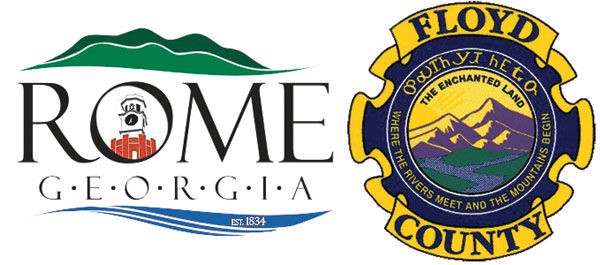


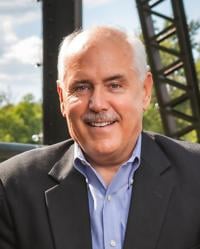
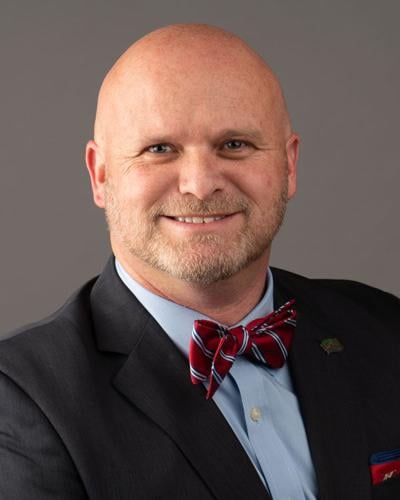
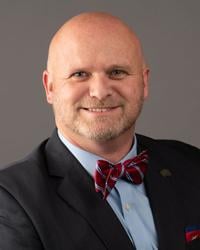


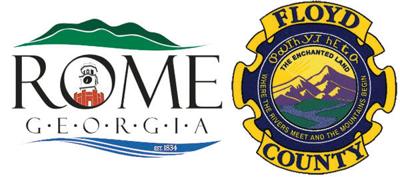

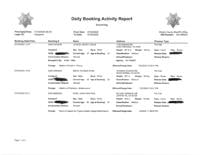

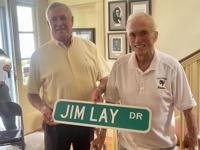







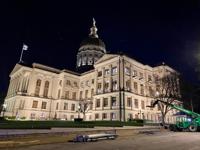



















(0) comments
Welcome to the discussion.
Log In
Keep it Clean. Please avoid obscene, vulgar, lewd, racist or sexually-oriented language.
PLEASE TURN OFF YOUR CAPS LOCK.
Don't Threaten. Threats of harming another person will not be tolerated.
Be Truthful. Don't knowingly lie about anyone or anything.
Be Nice. No racism, sexism or any sort of -ism that is degrading to another person.
Be Proactive. Use the 'Report' link on each comment to let us know of abusive posts.
Share with Us. We'd love to hear eyewitness accounts, the history behind an article.